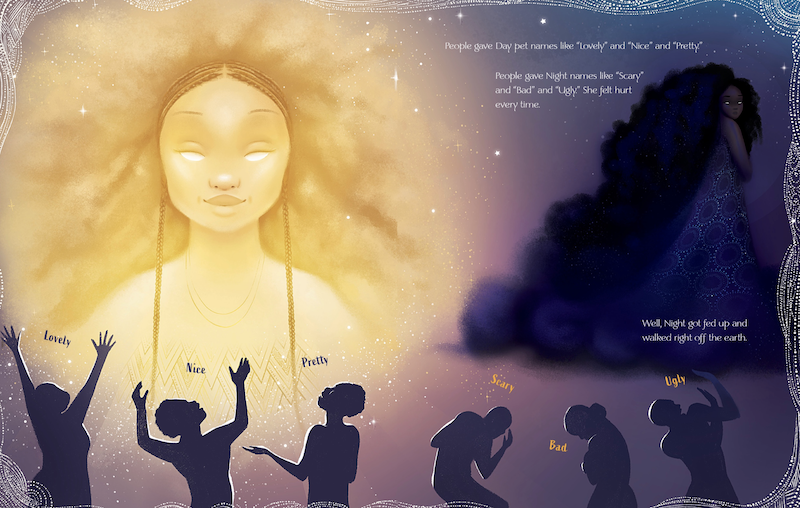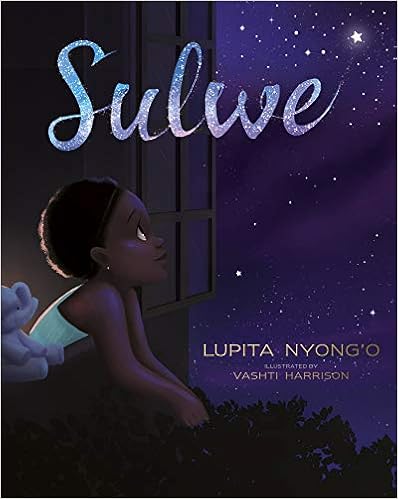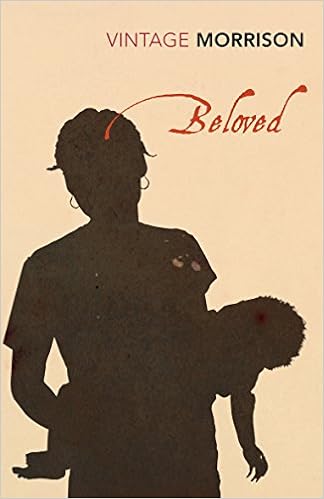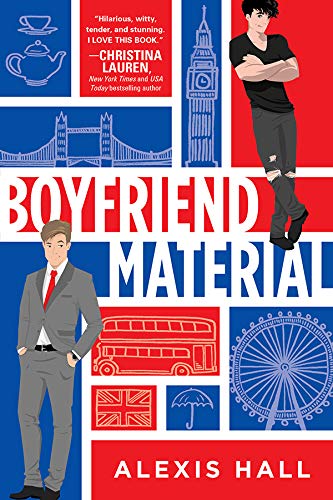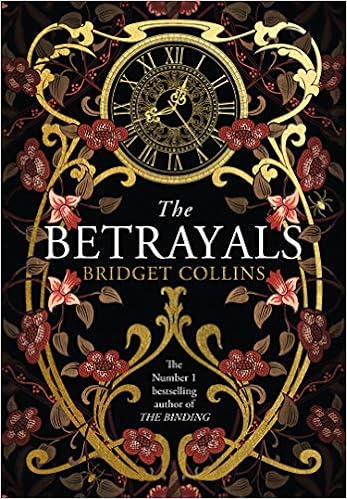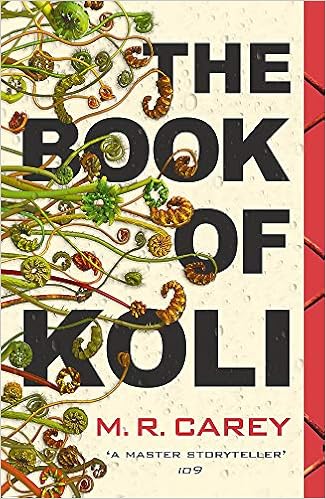"Londres Gare du Roi..." Joe wondered why the hell the train company was giving London station names in French, and then wondered helplessly why he'd wondered. All the London station names were in French. Everyone knew that. [loc. 27]
I was so very happy to get an advance review copy from NetGalley, having loved Pulley's previous novels (The Watchmaker of Filigree Street, The Bedlam Stacks, and The Lost Future of Pepperharrow). I am happy to report that The Kingdoms (UK publication date 27 MAY 2021) is an absolute delight, the kind of book that I race through, immediately read again, and mourn for days because it's over.
🗹 identity porn
🗹 diversity
🗹 ambiguous moral choices
🗹 spectacular weather
🗹 historical conundrums
🗹 true love
🗹 london
☒ explaining everything
... I have now read this for the third time, to refresh my memory for this review, and it's still very. very good. I think, too, that it's probably Pulley's most accessible novel to date.
1898: Joe Tournier arrives in London Londres with no luggage and no memory. Nothing about the life that he apparently fits into -- a slave, with a much younger wife and a kind master -- feels at all familiar. He has a vague memory of a woman named Madeline, small and dark and wearing green: wife? sister? When he receives a postcard of a lighthouse, with the message "Dearest Joe, come home if you remember. --M", he's sure that it was sent by Madeline. But the lighthouse on the postcard has only recently been built, and the postcard was sent 93 years ago ...
Joe's quest to recover his identity takes him from Londres to Pont du Cam to the Outer Hebrides to beseiged Edinburgh; from 1898 to 1807 to 1797; from ballrooms and wardrooms to an abandoned lighthouse, and to Newgate. And, though the narrative focusses on Joe, other characters' voices recur: a Spanish naval officer turned pirate captain, his sister the ship's surgeon, and the elusive Madeline.
This is, in part, an alternate history. It's the perennial time-travel conundrum: can history be changed? In this case, yes, and that part of the plot hinges on a sketched map of the London Underground and a telegraph machine created too early. (There's also an experiment involving tortoises.) But what makes The Kingdoms so compelling is the shifting relationships between Joe, Kite and Agatha. Agatha is monstrous, and has crafted a monster: Kite is a study in a warped kind of toxic masculinity, both fragile and brutal. They both know more about Joe than they're prepared to tell, and they will go to atrocious lengths to preserve his ignorance. But he can't stay ignorant for ever, and even though he may not be able to remember anything about his life before arriving at the Gare du Roi, his subconscious, or his heart, or history itself still resonates.
I'm intrigued, and still a little perplexed, about what does and doesn't feel familiar to Joe: what he remembers, and what he recognises with hindsight. He's lost so much -- lost so many people who mattered -- and some of those memories are weightier than others. And he is inexorably drawn to Kite, despite the threats of violence, despite Kite's obvious insanity.
So much rawness and vulnerability in the dialogue of this novel, and so many harrowing scenes. (Pulley's description of sweeping the deck after a battle: 'Sailors were going over the deck with wide brooms, pushing all the pieces of people overboard and leaving red comb patterns behind -- it was the brooms that hissed.'[2798]. At least as vivid as anything in Patrick O'Brian.) And there is a lot of sudden, casual violence: because much of the novel is set during wartime, and pragmatism is the order of the day.
I would love to read a novel by Natasha Pulley in which there is a likeable, sympathetic female protagonist. There are plenty of excellent women in The Kingdoms, but: Agatha. And yet, when her backstory was revealed, her motives were thoroughly comprehensible, and I pitied her.
And now I have a book hangover again -- that feeling where you don't want to read anything else, but only to fall back into what you've just read ...
Natasha Pulley talks about and reads from The Kingdoms.
